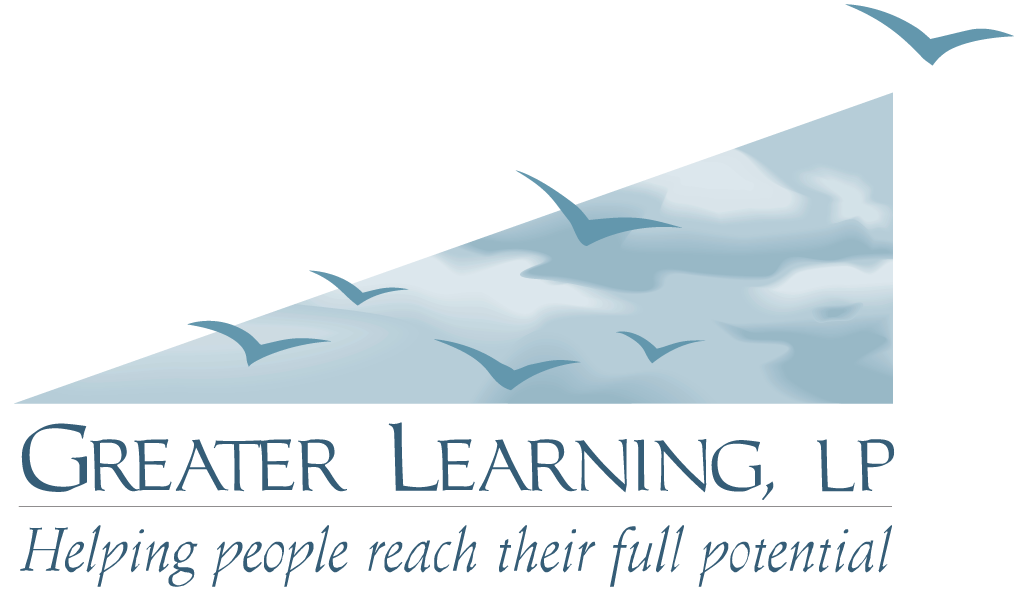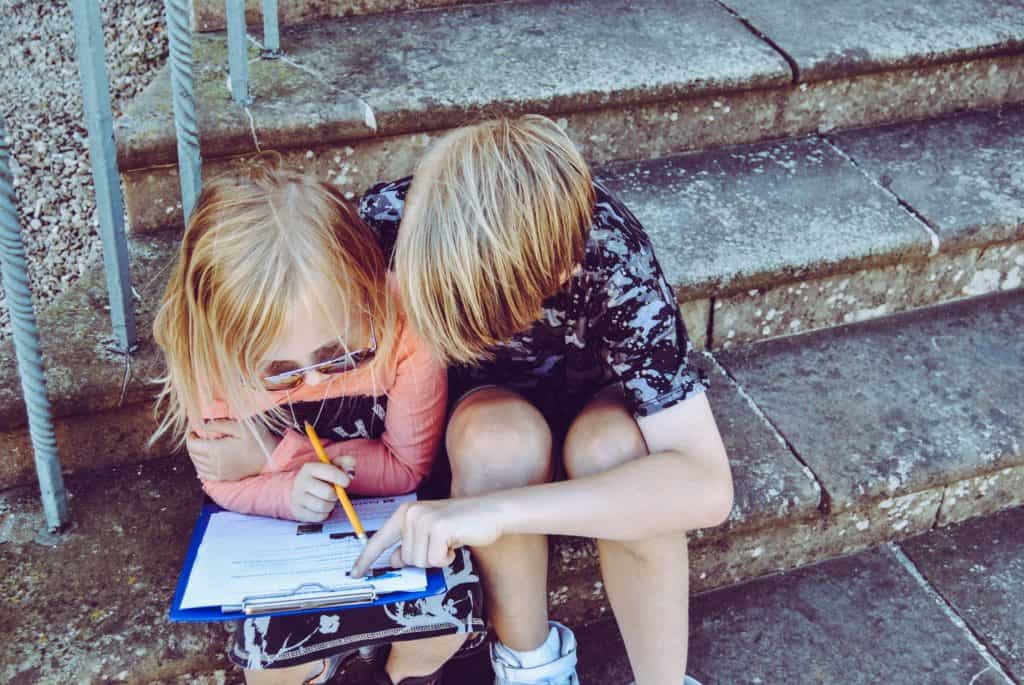How does your child/children feel when their sibling gets speech and language therapy and they don’t? Do your other children ever feel left out?
It’s understandable that siblings sometimes act out because they may feel left out, jealous or simply confused why someone is playing with their sibling, and they are not included. As parents, it can be difficult to understand this perspective since we know the reasoning behind speech and language therapy. From a child’s perspective, they might be thinking, “Why is this fun person playing with my sibling, but not me?”
Want to find a way to include your children so they can share in the fun and help their sibling?
Here are 5 ways that siblings can become involved in speech-language therapy!
- Siblings can be excellent speech and language models
Older or younger siblings can serve as excellent speech and language models. During games or conversation, using this speech and language model can help the child receiving speech therapy with their activities at home. Share speech and language goals with the sibling in a simple way, like saying, “We’re helping Sarah practice using longer sentences,” and ask them to help you!
- Siblings can help with a turn taking task
When playing a simple turn-taking game, get the sibling involved with taking turns appropriately with their brother/sister. Taking turns appropriately can help siblings get along better and reinforce their latest speech and language therapy goals!
- Siblings can help set appropriate goals
By asking siblings about speech challenges at home, we can get insight into unseen issues because children will be extremely honest without reservation, which can help create functional goals at home! As an example, a therapist may ask siblings, “When is it really hard to understand your brother’s speech?” He or she may respond, “When we are all at the kitchen table, it’s hard to hear him because his voice is so low.” While this may not seem particularly important, it can help create goals and strategies to help your child improve their speech and language abilities at home!
- Siblings can be ideal for practicing social skills
Siblings can be extremely helpful to practice appropriate social skills with since they are closer in age and generally non-judgmental. They can help role play different situations and practice appropriate conversations, staying on topic, turn taking and not interrupting
- Siblings are excellent for carryover
If siblings are in the session, and made aware of the parent and therapist’s desired outcomes, then they can help carry over the goals at home, in school, and throughout their day-to-day interactions. Siblings are around each other for stretches of the day, and regularly play and interact with their sibling far more than other children or parents, and this is the critical tool we need to take advantage of to support your child’s progress at home and in other environments outside of therapy!
Together we can support your children’s engagement and their unique therapy goals while allowing them to feel included, helpful and useful to their sibling’s progress and success in life. This will also enhance their lifelong bond and create new paths for educational activities and fun memories they’ll share together!
Contact Greater Learning LP to start working with a passionate speech-language therapist and discover ways to involve the whole family in fun, educational activities!


0 Comments